Back to school: where and what did the top tech titans study?
First a degree. Next? International multi-billion dollar business mastery!
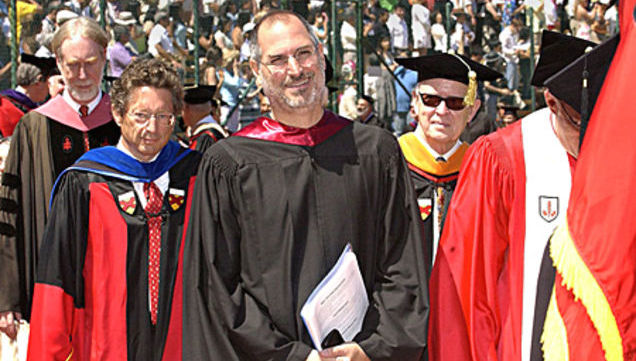
Back to school
You've waved a teary goodbye to your parents, rolled up your Che Guevara poster and packed away your Joy Division vinyl. You're all set for the madness of Freshers Week, as a new wave of university and college students roll out on campus for the first time.
First a degree. Next? International multi-billion dollar business mastery!
That's how it sometimes appears, at least, when you look at the phenomenal rise of the tech industry's most noted winners. But in reality there's no set path to the top – take a look at the varied universities, colleges and courses that propelled tech titans to their super-wealthy positions.
And prepare to be shocked when you learn that, in many cases, dropping out turned out to be just as smart a decision as enrolling in the first place!
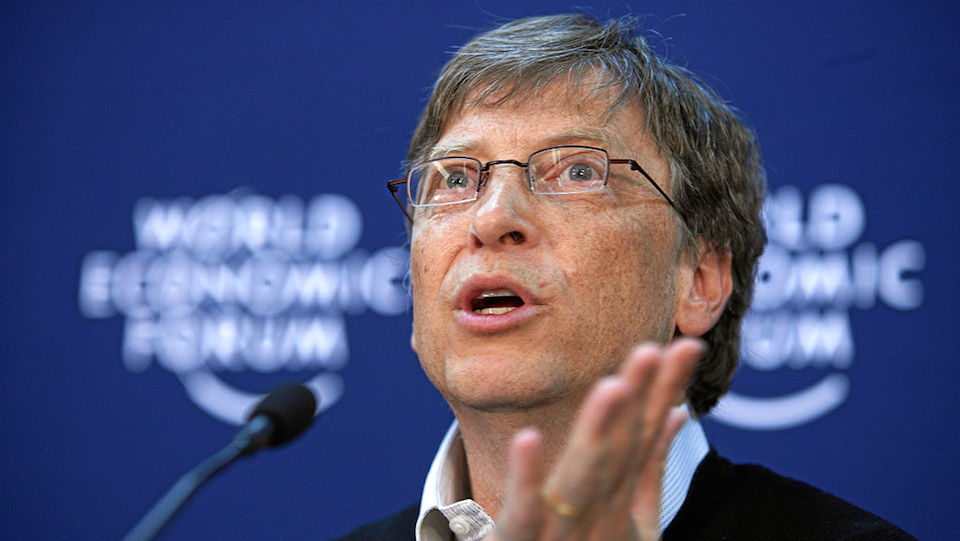
Bill Gates - Bill & Melinda Gates Foundation
He's the richest man in the world, and Bill Gates' early education set him up for life. Gates found himself at one of the US's most prestigious colleges, Harvard, having earlier studied at a private prep school called Lakeside in Seattle, where he excelled at BASIC programming. But it was at Harvard that he met the man who would eventually succeed him as Microsoft CEO, Steve Ballmer.
However, aside from creating an algorithm to sort pancakes (no seriously), he wasn't really one for hitting the books – and his keen business eye saw Gates drop out from Harvard in his second year. He'd form Microsoft with Paul Allen in 1975, and the rest is computing history.
So if those long nights studying start getting you down, it's always worth remembering that Gates didn't stick it out – and he's done pretty well for himself.
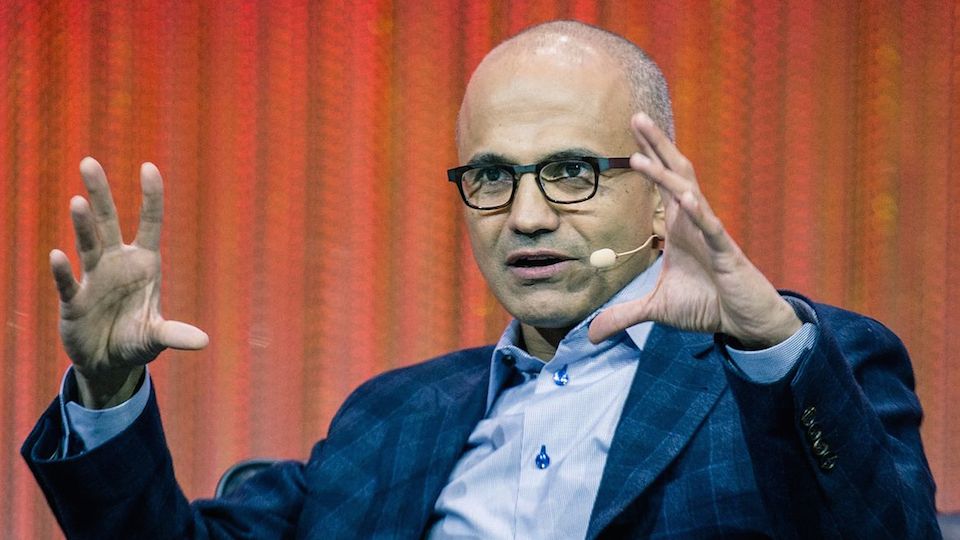
Satya Nadella - Microsoft CEO
The current Microsoft boss, Satya Nadella, had a passion for building things, and saw computer science and engineering as a great way to fuel his early interest in computing.
He gained a bachelor's degree in electrical engineering from India's Manipal Institute of Technology in 1988 before heading to the US, where he studied for an M.S. degree in in computer science from the University of Wisconsin-Milwaukee in 1990 before eventually earning his MBA at the University of Chicago Booth School of Business.
While he hopped around educational institutions, in his career Nadella has been pretty much a one-company man. He worked with Sun Microsystems early in his career, but has been with Microsoft ever since joining in 1992.
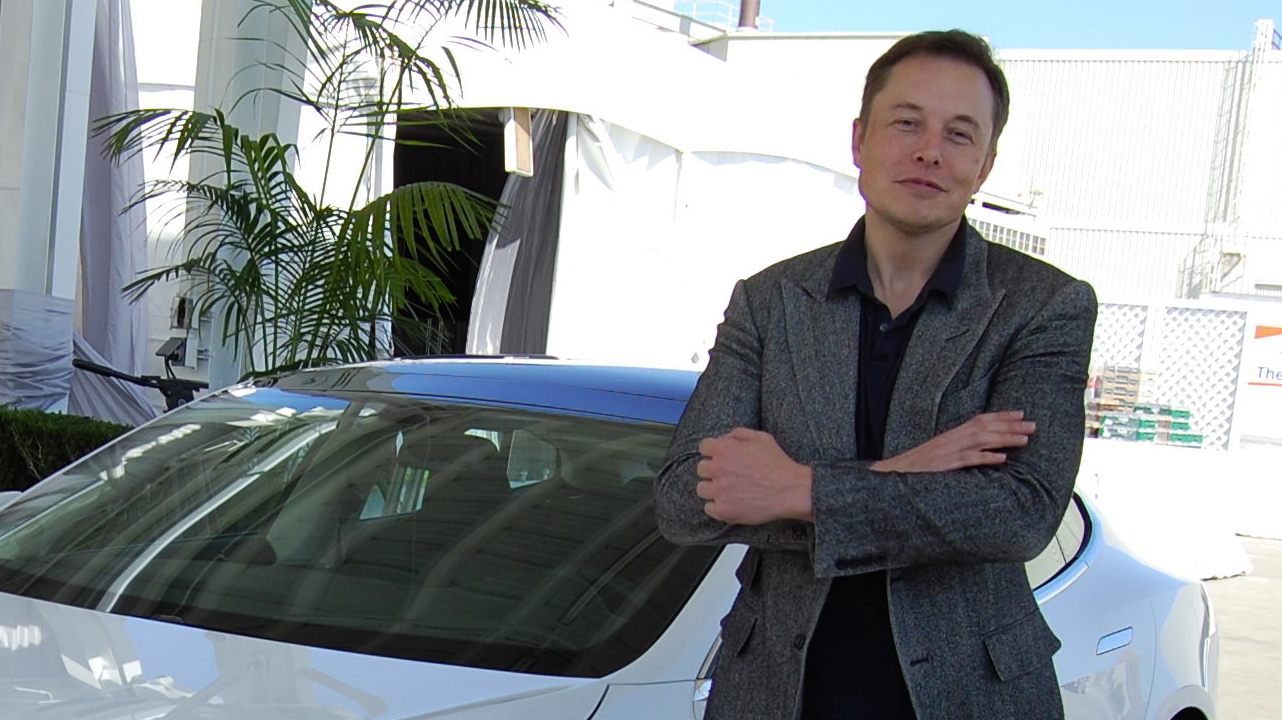
Elon Musk - Tesla, Space X
Elon Musk, the real-life Tony Stark, was accepted into Queen's University in Kingston, Ontario at the age of 19 as an undergrad, then transferred to the University of Pennsylvania, picking up a degree in physics by the time he was 24. Something of a party animal, Musk rented a 10-bedroom frat house in which he'd throw raucous bashes.
Musk would later head to California, picking up a PhD in applied physics and materials science at Stanford University. Given his later success with Tesla and SpaceX (not to mention internet money-transfer firm PayPal), it seems clear that Musk had a pretty solid vision of what he wanted from his studies – his current successes certainly align well with the qualifications he earned.
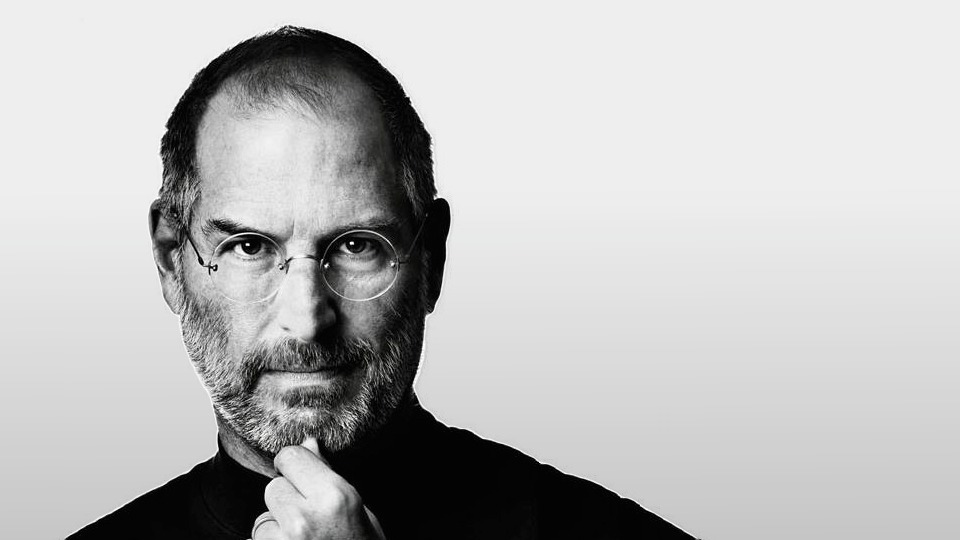
Steve Jobs - Apple
You know this story already, right? You've seen it played out at least twice on film, in the TV movie Pirates of Silicon Valley and Ashton Kutcher's Jobs.
Apple founder Steve Jobs was another college dropout. Having studied at Stanford University in order to be close to his buddy Steve Wozniak (enrolled at Berkeley), Jobs eventually enrolled at Reed College in Portland, Oregon.
Jobs' adopted parents found it hard to keep up with the costs of his higher education, and it didn't help that Jobs acquired a penchant for mysticism rather than studying. Jobs did, however, turn up to some classes he wasn't enrolled in on an informal basis, most notably calligraphy – the iPhone mastermind attributes Apple products' reputation for typographic excellence to what he picked up there.
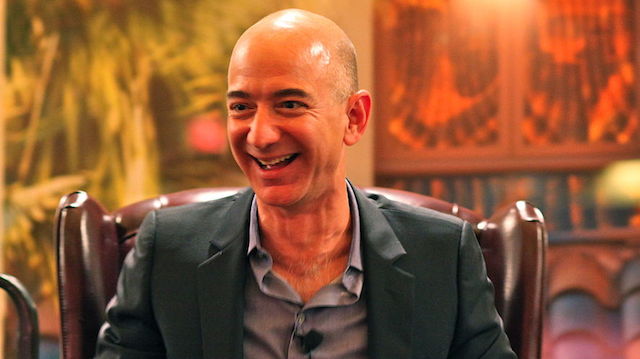
Jeff Bezos - Amazon, Blue Origin
Amazon boss Jeff Bezos may have made his fortune selling books, but it was a mechanical, not a literary inclination that he showed at an early age – as a toddler, he tried to dismantle his crib.
Currently the third-richest person in the world, Bezos graduated summa cum laude and Phi Beta Kappa from Princeton University, picking up two bachelor degrees – electrical engineering and computer science. He landed a job at a New York hedge fund, which lead to a cross-country, New York-to-Seattle battle plan write-up that would eventually grow into his Amazon.com garage business.
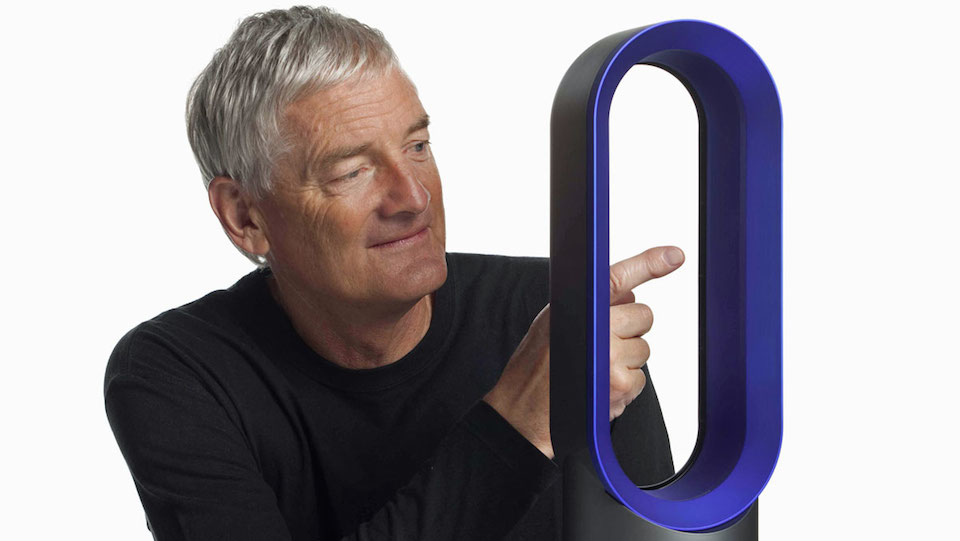
James Dyson - Dyson
Vacuum cleaner king James Dyson's home appliances have always impressed as much for their striking designs as their technological prowess – which makes a lot of sense when you look into his education. After studying for a year at the Byam Shaw School of Art, he chose the Royal College of Art for his furniture and interior design course between 1966 and 1970.
Dyson has put a good chunk of his wealth back into the education system too – the James Dyson Foundation was set up in 2002 to support design and engineering students, and has donated £20m to Cambridge University and Imperial College London to build new facilities.
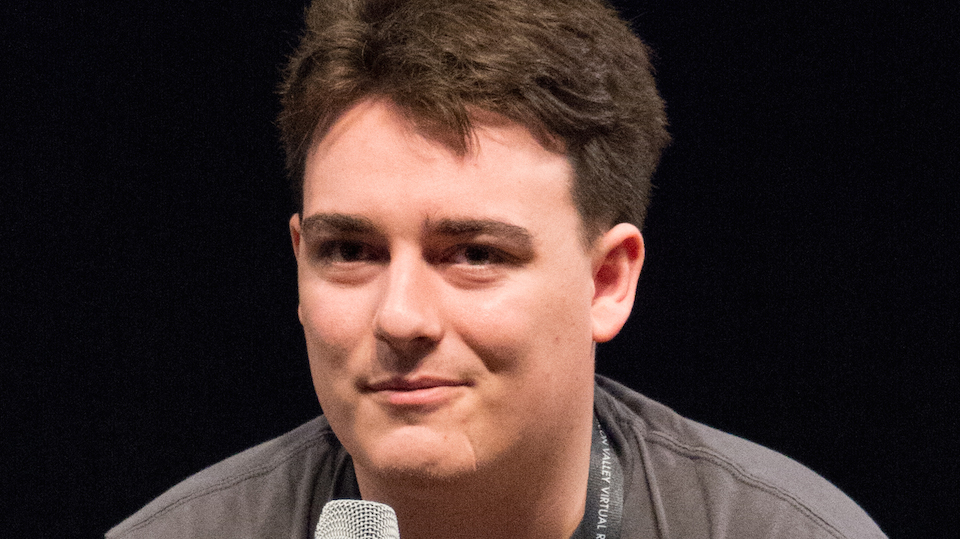
Palmer Luckey - Oculus
Palmer Luckey kickstarted the virtual reality revolution with his Oculus Rift headset, which made him a cool £700m when Facebook bought out the company in 2014.
But Luckey's journey to tech stardom didn't follow the conventional academic route. Homeschooled, and with an interest in electronics, Palmer briefly studied journalism as a major at California State University. Like others on this list, his interest in technology outpaced his education, with his VR plans quickly becoming his sole concern.
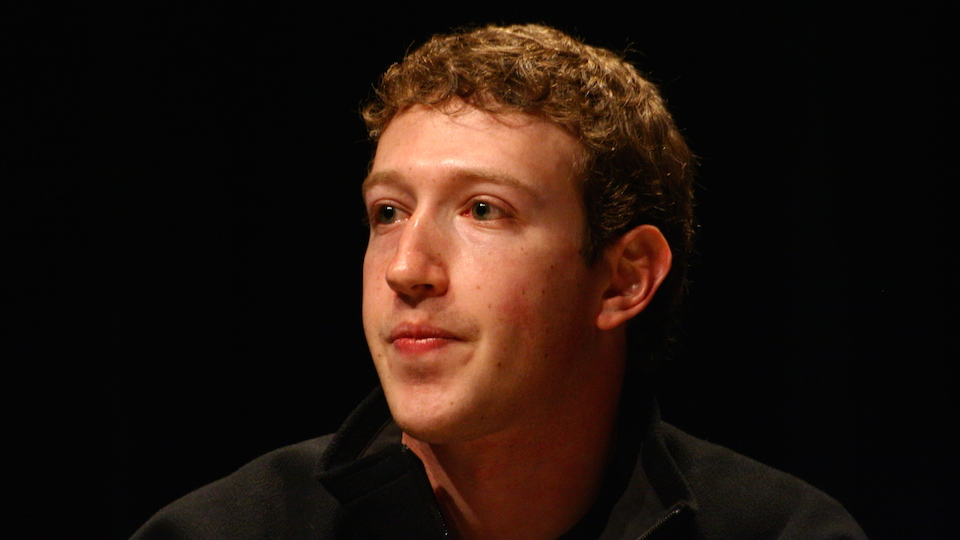
Mark Zuckerberg - Facebook
Hollywood has played this one out on the silver screen, in The Social Network, better than we'll manage here with 50 words, so we'll keep it brief. Mark Zuckerberg is yet another Harvard dropout, studying psychology and computer science. His time at college wasn't a complete waste though – it's there that he created 'The Facebook', an early incarnation of the world-dominating social network.
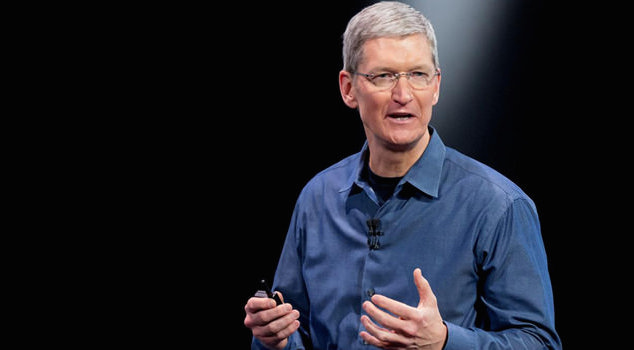
Tim Cook - Apple
Tim Cook's journey to the top – where he took the reins from Steve Jobs as head of Apple – followed a fairly conventional academic path. After graduating from Robertsdale High School, Cook picked up a bachelor's degree in industrial engineering from Auburn University in 1982 – which fits nicely with Apple's output, of course.
But Cook is still primarily seen as a business brain rather than an industrial designer – and that's courtesy of a Master of Business Administration qualification from Duke University's Fuqua School of Business.
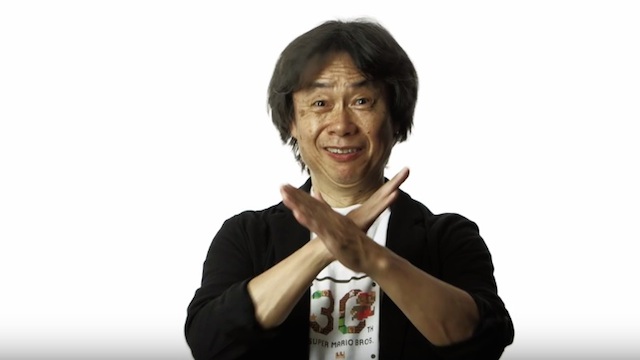
Shigeru Miyamoto - Nintendo
He's responsible for some of the most iconic games of all time, but Shigeru Miyamoto didn't embark on his education with programming in mind. Instead he took a more artistic route, graduating from the Kanazawa Municipal College of Industrial Arts with a degree in industrial design.
Miyamoto initially thought he'd get into manga, doing the artwork for the popular Japanese comic books. But an obsession with Taito's Space Invaders lead him to explore a career in video games, eventually landing him a job at Nintendo. And thank God for that – can you imagine a world without Super Mario or Zelda?
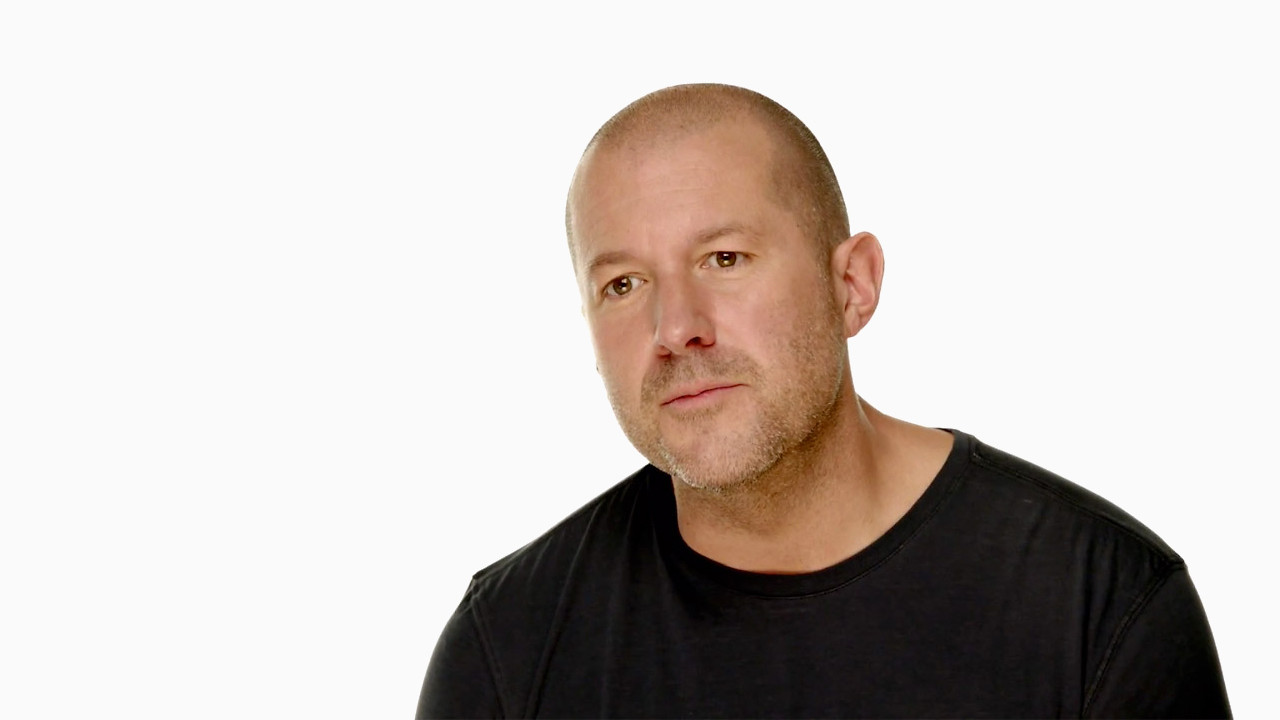
Jony Ive - Apple
Before he became the disembodied voice of Apple launch videos, Jony Ive was (and still is) a bit obsessed by cars. The Apple Chief Design Officer considered a car design course offered by the Royal College of Art before settling on Industrial Design at Newcastle Polytechnic (today's Northumbria University).
Graduating with a first in 1989 gave him the ammo needed to kickstart his career, and he joined design agency Tangerine, which had Apple as a client. Ive had his foot in the door, and he eventually joined Apple, guiding its product designs through the company's most lucrative and lauded period.

Gerald is Editor-in-Chief of Shortlist.com. Previously he was the Executive Editor for TechRadar, taking care of the site's home cinema, gaming, smart home, entertainment and audio output. He loves gaming, but don't expect him to play with you unless your console is hooked up to a 4K HDR screen and a 7.1 surround system. Before TechRadar, Gerald was Editor of Gizmodo UK. He was also the EIC of iMore.com, and is the author of 'Get Technology: Upgrade Your Future', published by Aurum Press.
Sign up for breaking news, reviews, opinion, top tech deals, and more.
You are now subscribed
Your newsletter sign-up was successful